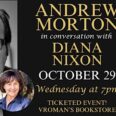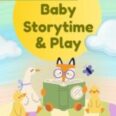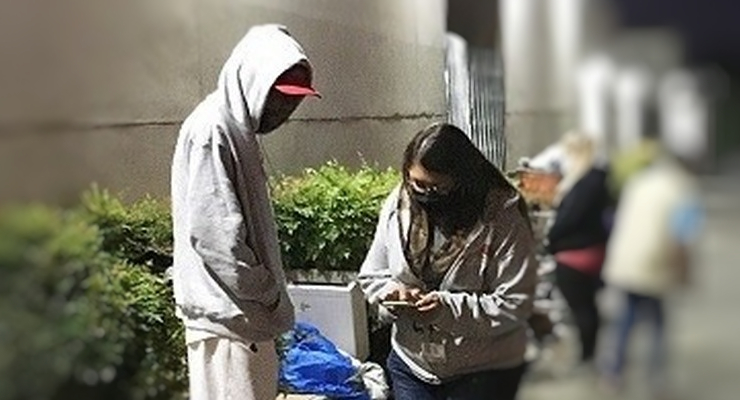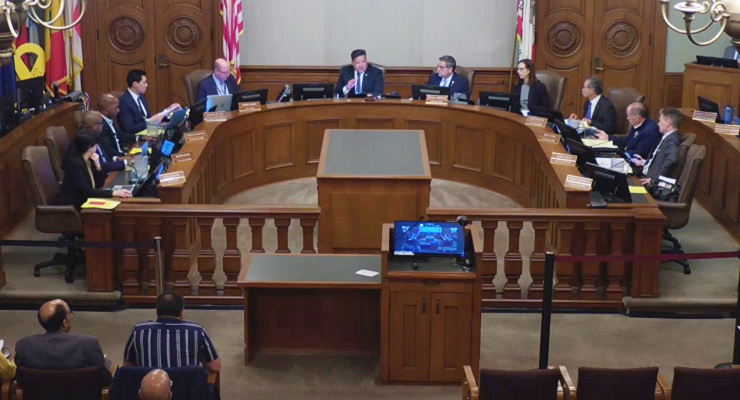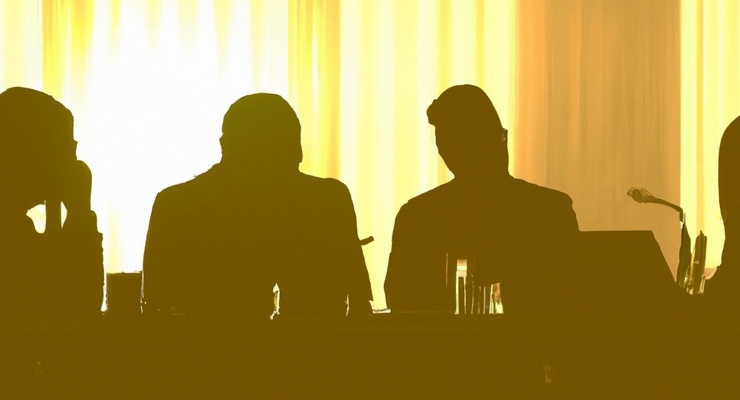
On Saturday, March 12, Caltech notified regular-decision applicants of their acceptance to the Institute, rounding out an admitted class of 432 students including those admitted in earlier rounds of acceptance decisions. Caltech continues to strive to find and enroll the strongest STEM minds from all around the world, emphasizing the importance of bringing brilliant students together from many different backgrounds and experiences to, in the words of Caltech’s mission statement, “investigate the most challenging, fundamental problems in science and technology.”
“We took seriously the idea that science is better when there are many different minds approaching it and tried to build that into the class as much as possible,” says Ashley Pallie, director of undergraduate admissions. This admitted class, in particular, is notably diverse in gender, geographic origin, option interest, socioeconomic level, and more.
The class, which is 51.4 percent female (sex assigned at birth), also includes a record 35 QuestBridge National College Match students. QuestBridge, which connects high-achieving low-income students to top colleges across the country, has partnered with Caltech since 2008. Additionally, the majority of the class—about 66 percent—were admitted from public schools. The international geographic diversity of the incoming class is a highlight with the highest-ever number of students from sub-Saharan Africa (7) admitted, along with students from a total of 25 countries, including Thailand, Kenya, Libya, Jamaica, Qatar, China, Zimbabwe, Austria, Poland, and the United Kingdom.
Option diversity is also important to Caltech with the incoming class selecting 25 majors as possible future fields of study, including geophysics, mathematics, mechanical engineering, chemistry, physics, computer science, political science, geochemistry, planetary science, and materials science.
Of those students admitted to the class, Caltech expects to enroll approximately 235. The students have until May 1 to make their final decision.
The Institute will hold an admitted students welcome event on April 4–5, called Discover Caltech: DiscoTech 2022. It will include: mock lectures; a keynote address from Nobel Laureate Frances Arnold, Linus Pauling Professor of Chemical Engineering, Bioengineering and Biochemistry; campus tours; a JPL panel; meetings with students, faculty, and staff; and a club fair, games, and a dance party.
Caltech faculty play a key role in the admissions process, reading applications and advocating for individual candidates. This is, Pallie notes, a level of engagement rare among the Institute’s peers.
“At some schools, faculty might engage with admissions near the end of the process and hear about the students during committee, but I don’t know of many institutions that have faculty reading student applications,” Pallie says. “There’s something special about the intimate nature of Caltech, where faculty believe it’s important that they’re engaged with students from the very moment that they’ve expressed interest in attending Caltech. When a faculty member in the discipline you want to enter reads your application and thinks you need to bring your considerable brilliance to the Caltech community, it’s a real honor.”
The faculty committee on freshman admissions and financial aid comprises 22 faculty members and is chaired by Jared Leadbetter, professor of environmental microbiology. Leadbetter notes that the common denominator the Institute seeks among applicants is a strong foundation of math, physics, and chemistry coupled with motivation, curiosity, resilience, and an eagerness to do hard work and to collaborate in an intense STEM academic environment. Beyond those attributes, a diversity of experience and background among students is crucial to creating a strong class.
“We want as balanced a class composition as possible,” he says, “so that one person with one experience benefits from real-world exposure to somebody else who has a very different experience. Those experiences can speak to success in both developing and approaching questions and in making and documenting discoveries. We would like there to be many examples for any one student to see of the many different ways they can approach and make progress in STEM subjects. That exposure rubs off on and benefits everyone.”







